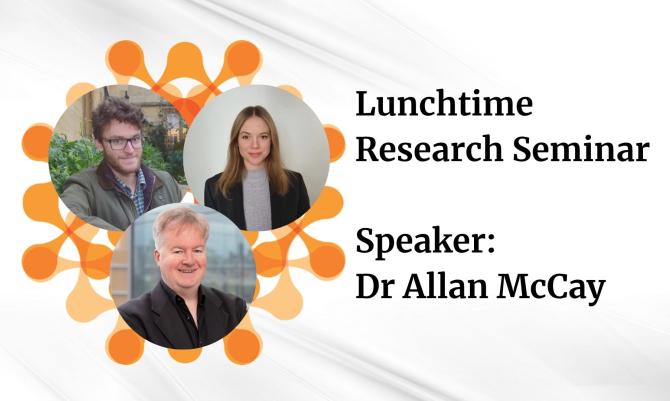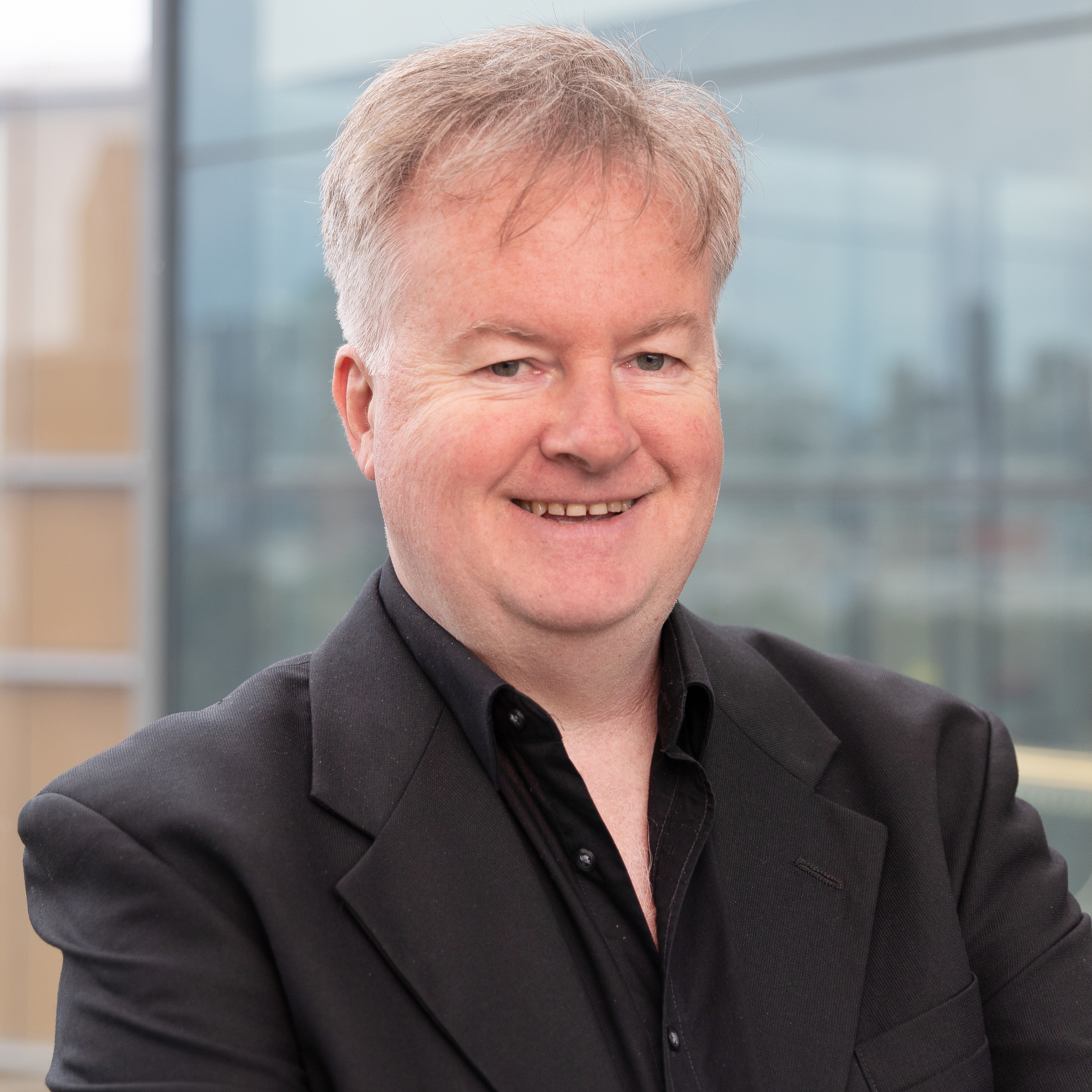
Special seminar - Lunchtime Research Seminars take place bi-weekly throughout University term time. This is an additional event we have included in this term's programme to accommodate the speaker's availability.
12:30 - 13:30 - seminar
13:30 - 14:00 - networking lunch for in-person attendees
MS Teams link will be shared the day prior to the talk.
Abstract
This talk examines the challenges that neurotechnology may pose for criminal justice. Neurotechnologies—ranging from implanted devices to wearable headsets—are increasingly used in medicine and consumer markets, and are beginning to feature in policing in some countries, raising significant human rights concerns. But further criminal justice issues may also be on the horizon.
In relation to the criminal act, the law may need to determine how to treat disembodied conduct that is mediated through brain–computer interfaces. With respect to criminal responsibility, questions may arise about how the law should respond if a device malfunction induces hallucinations relevant to the insanity defence.
Although neurotechnology has not yet been incorporated into sentencing, its possible future role raises difficult questions. For example, if a predictive brain implant reduces impulsivity, should this be understood as rehabilitation, incapacitation, both, or neither—and what human rights issues might flow from imposing a sentencing condition that requires neurotechnological intervention?
Beyond individual rights, the presentation also considers the broader sociotechnical implications of emerging neurotechnologies and argues for proactive, anticipatory engagement with the technology by human rights bodies and law reform commissions.
For more information about our events and other news, please subscribe to our mailing list.

Wednesday 22 October
Dr Allan McCay, Co-director, The Sydney Institute of Criminology; and Academic Fellow, University of Sydney Law School
Title: The use of neurotechnology in criminal justice: some ethical, legal, and social implications
Dr Allan McCay is Co-director of The Sydney Institute of Criminology and an Academic Fellow at the University of Sydney Law School. He is also President of the Centre for Neurotechnology and Law, and was commissioned by the Law Society of England and Wales to write the world's first report on neurotechnology to be produced by a professional body. He was named by Australasian Lawyer as one of the most influential lawyers of 2021, 2023 and 2024 for his work on neurotechnology and the law.
His first co-edited book Free Will and the Law: New Perspectives is published by Routledge and his second, Neurointerventions and the Law: Regulating Human Mental Capacity is published by Oxford University Press.
He has been invited to appear at events, advise, give testimony or write for various bodies, on issues relating to neurotechnology– e.g. The Law Society of England and Wales, The Australian Human Rights Commission, The Office of the Australian Information Commission, OECD, UNICEF, UNODC, INTERPOL, The Victorian Parliament, The Law Society of New South Wales, and the Istanbul Bar Association.
As well as being an Associate Editor of the Journal AI & Society he is also a member of the Law Society of New South Wales Taskforce on AI & other tools and trends shaping the legal profession and an Affiliate of Auckland University’s Natural, Artificial, and Organisation Intelligence Institute.
He regularly provides comments to the media on tech (particularly neurotech) including for the Washington Post, The Australian, Sky News Arabia, The Indian Express and is a TEDx speaker. His work has also been featured in the BBC and The Times.
